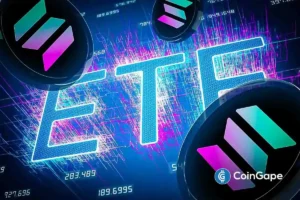The payments industry is poised for significant transformation with the adoption of blockchain technology. A recent report by Binance Research highlights the potential of blockchain to address longstanding challenges in cross-border transactions. By integrating blockchain into payment systems, businesses can reduce costs and improve settlement times, ultimately revolutionizing global payments infrastructure.
One of the key advantages of blockchain technology in the payments industry is its ability to streamline processes and eliminate intermediaries. Traditional cross-border transactions often involve numerous intermediaries, leading to high costs and delays. With blockchain technology, transactions can be executed peer-to-peer, reducing the need for intermediaries and accelerating settlement times. This can result in significant cost savings for businesses and improved efficiency in global payments.
Additionally, blockchain technology offers enhanced security and transparency in payment transactions. The decentralized nature of blockchain ensures that transactions are secure and tamper-proof, reducing the risk of fraud and cyber attacks. Furthermore, the transparent nature of blockchain enables all parties involved in a transaction to view and verify the transaction data, enhancing trust and accountability in the payments process.
As blockchain gains momentum in the payments industry, more businesses are exploring its potential applications in various payment use cases. From remittances to supply chain payments, blockchain technology has the potential to revolutionize how payments are made and processed. By leveraging blockchain, businesses can not only reduce costs and improve efficiency but also unlock new opportunities for innovation and growth in the payments sector.
Moreover, the scalability of blockchain technology allows for seamless integration with existing payment systems, making it easier for businesses to adopt and implement blockchain solutions. As more businesses embrace blockchain technology in their payment processes, we can expect to see a shift towards a more decentralized and efficient payments ecosystem. With blockchain leading the way, the future of payments looks promising, with lower costs, faster settlements, and improved security for businesses and consumers alike.
In conclusion, blockchain technology is poised to revolutionize the payments industry by addressing key challenges and unlocking new opportunities for innovation and growth. With its ability to reduce costs, improve efficiency, and enhance security in payment transactions, blockchain offers a promising new direction for global payments infrastructure. As businesses continue to explore and implement blockchain solutions in their payment processes, we can expect to see a more decentralized and efficient payments ecosystem that benefits businesses and consumers alike.

















